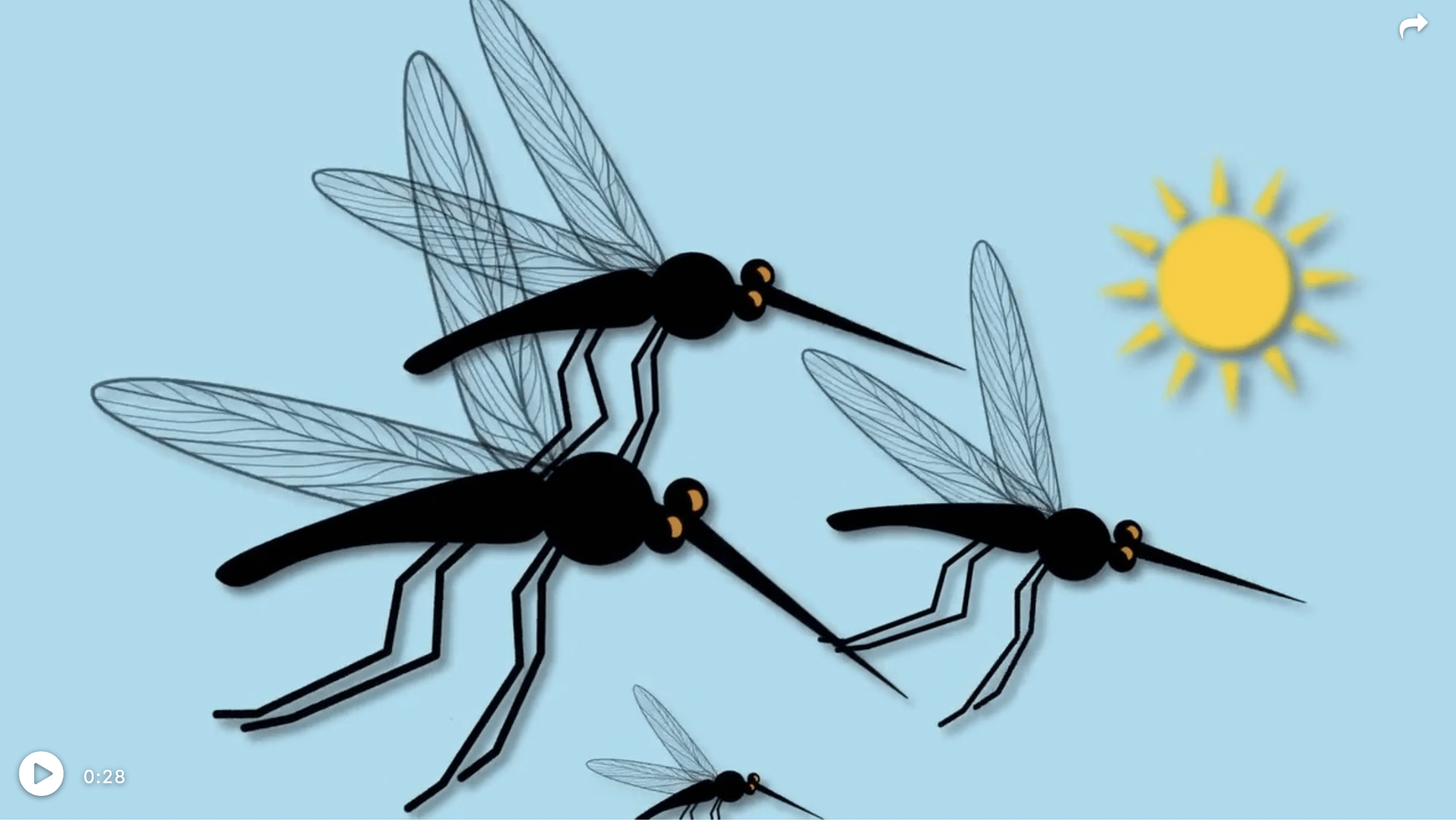Posted by Vector and Vector-borne Disease Committee
May 9, 2022
West Nile Virus and Eastern Equine Encephalitis Virus High Probability Habitat Identification for the Selection of Sentinel Chicken Surveillance Sites in Florida
Sean P. Beeman1; Joni A. Downs2; Thomas R. Unnasch1; Robert S. Unnasch1
1Center for Global Health Infectious Disease Research, University of South Florida, 3720 Spectrum Boulevard, Tampa, FL 33612.
2School of Geosciences, University of South Florida, 4202 E Fowler Avenue, Tampa, FL 33620.
J Am Mosq Control Assoc (2022) 38 (1): 1–6.
https://doi.org/10.2987/21-7049
ABSTRACT [partial]. Identifying high probability locations for WNV and EEEV transmission and relocating coops to areas of higher arbovirus activity would improve the sensitivity of the sentinel chicken surveillance program. Using 2 existing models, this study conducted an overlay analysis to identify areas with high probability habitats for both WNV and EEEV activity. This analysis identified approximately 7,800 km2 (about 4.5% of the state) as high probability habitat for supporting both WNV and EEEV transmission. Mosquito control programs can use the map resulting from this analysis to improve their sentinel chicken surveillance programs, increase the probability of virus detection, reduce operational costs, and allow for a faster, targeted response to virus detection.
Note: Because the number of locations sampled by sentinel chicken flocks always is limited by resources, sentinel programs should utilize a ‘best estimate’ approach with birds positioned in areas with a consistent history of enzootic virus activity to enhance the probability of seroconversions and therefore sensitivity. Focal studies in the Coachella Valley (Reisen et al. 1995) similarly found that the incidence of seroconversions in sentinel chickens were dependent upon flock location and the frequency of serum collection.
Reference List
Reisen, W. K., H. D. Lothrop, S. B. Presser, M. M. Milby, J. L. Hardy, W. J. Wargo, and R. W. Emmons. 1995. Landscape ecology of arboviruses in southern California: temporal and spatial patterns of vector and virus activity in Coachella Valley, 1990-1992. J. Med. Entomol. 32: 255-266.

